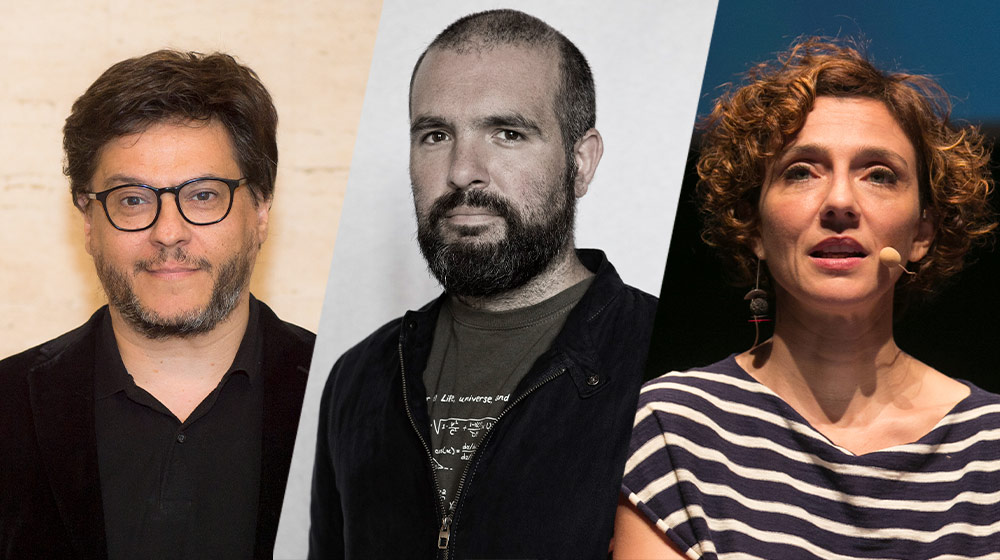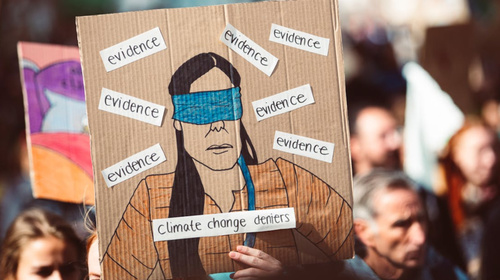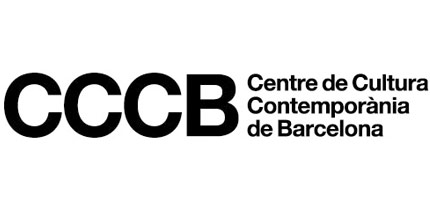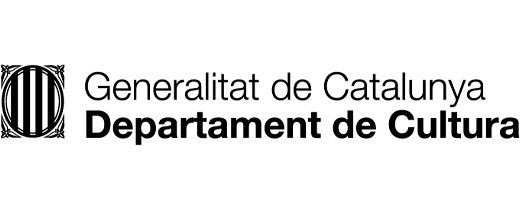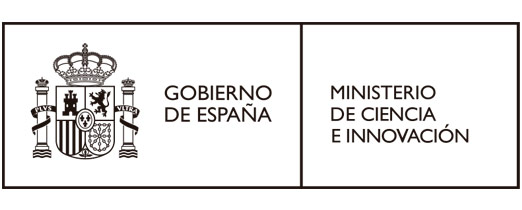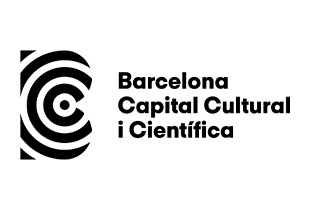Mars: The Last Frontier?
Frontier
Ricard Solé and Guillem Anglada-Escudé
Debate
Professor Ricard Solé (UPF-ICREA), an expert in complex systems analysis and synthetic biology, will speak with the astrophysicist Guillem Anglada-Escudé (UB), co-founder of the Nüwa project, about space exploration as the last frontier of science which will possibly mark a new stage for humanity.
In 2021, three missions from different countries are programmed to reach Mars. NASA has also announced that it will send astronauts to the moon in 2024, fifty years after the last Apollo mission. Space will once again become the coveted frontier for governments and public institutions as well as private companies which are now able to organise independent missions for the first time. Sending humans to Mars will mean a great scientific breakthrough but it will also allow us to discover what it means to set foot on a lifeless planet. In this sense, rather than expanding the limits of the human species, the conquest of space can help to make them evident. What new forms of knowledge will be generated in this process? Does the future of humanity depend on the colonisation of space?
The conversation will be moderated by the scientific journalist Cristina Sáez.
Moderators: Cristina Sáez
Participants: Ricard Solé, Guillem Anglada-Escudé
This activity is part of Mars, Mars: The Last Frontier?
Related contents
Ricard Solé and Guillem Anglada-Escudé
Mars: Frontier
Professor Ricard Solé (UPF-ICREA), an expert in complex systems analysis and synthetic biology, speaks with the astrophysicist Guillem Anglada-
Escudé (UB), co-founder of the Nüwa project, about space exploration as the last frontier of science which will possibly mark a new stage for humanity.
